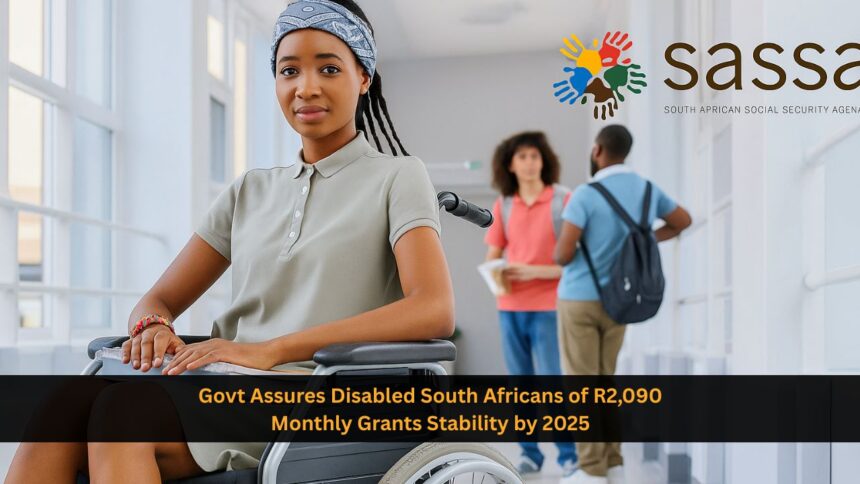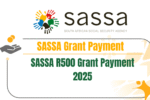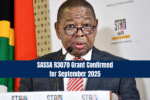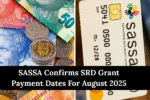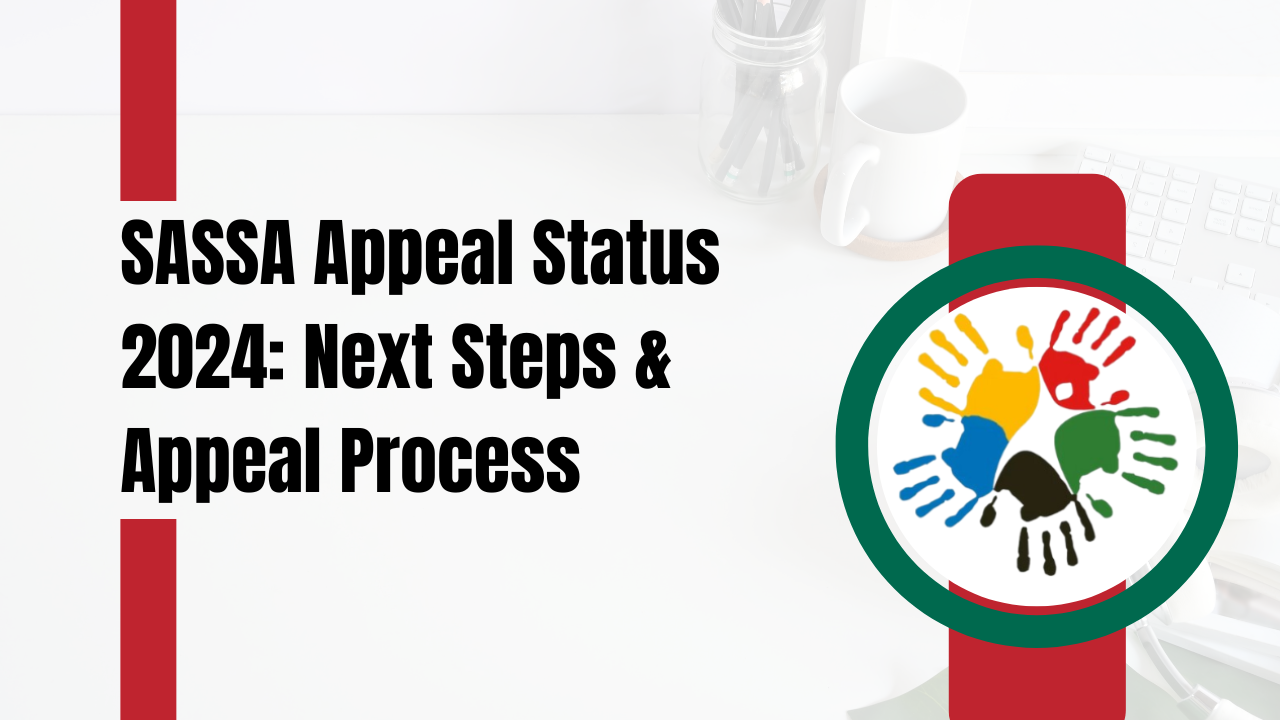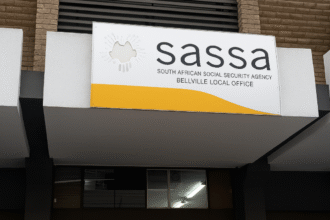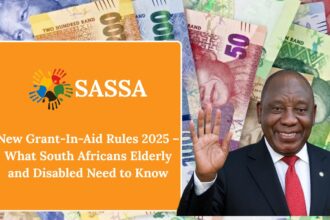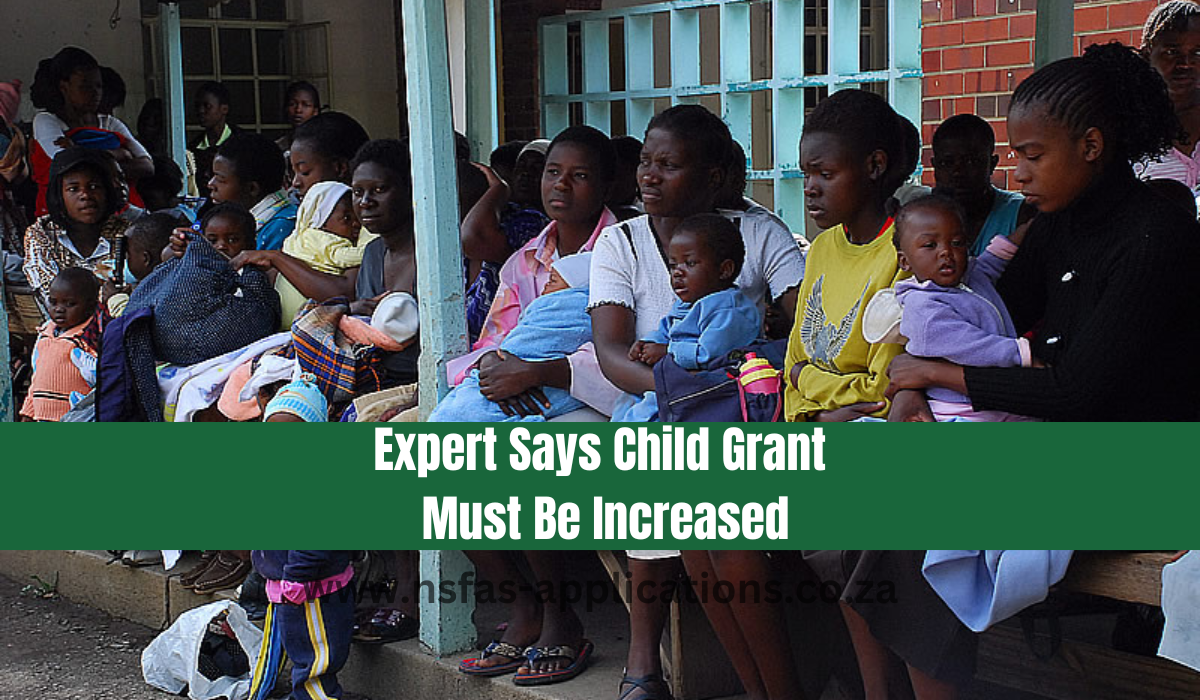Govt Assures Disabled South Africans of R2,090 Monthly Grants Stability by 2025. The South African government has reaffirmed its commitment to social protection by ensuring the R2,090 monthly disability grants will remain stable by 2025. This pledge brings relief to thousands of vulnerable citizens who depend on these grants to meet their essential needs. At a time when inflation and economic instability are affecting households globally, including in African and Gulf regions, South Africa’s assurance reflects a determined focus on social justice, economic inclusion, and the empowerment of disabled individuals.
Understanding the R2,090 Disability Grant in South Africa
The South Africa disability grant is a form of social support provided to individuals who are medically unfit to work due to a physical or mental disability. The monthly grant of R2,090 aims to cover the basic cost of living, from food and utilities to healthcare and housing. This safety net is critical in preserving the dignity and independence of grant recipients.
Features of the Disability Grant
| Criteria | Description |
|---|---|
| Age Limit | Applicants must be between 18 and 59 years old |
| Citizenship | Must be a South African citizen or permanent resident |
| Medical Assessment | Required to confirm the nature and extent of disability |
| Means Test | Conducted to assess financial eligibility |
| Temporary Grant Validity | Granted for a period based on medical assessment |
| Permanent Grant Reassessment | Regular reviews to validate continued eligibility |
These criteria ensure that support reaches those most in need while maintaining accountability within the system.
Economic Impact of a Stable Disability Grant
Stabilizing the R2,090 monthly disability grants contributes significantly to South Africa’s socio-economic development. This consistent financial assistance not only empowers recipients but also boosts the local economy through direct consumer spending. It reduces poverty, promotes equality, and fosters a culture of inclusion for disabled individuals.
Positive Economic Outcomes
- Stimulates small business activity through localized spending
- Reduces poverty among disabled South Africans
- Promotes inclusion by enabling access to services
- Lowers caregiver burden, enhancing family economic security
- Improves mental health by reducing financial stress
- Enhances healthcare access through better affordability
- Supports skills development and small-scale employment
The economic ripple effects of this grant reach beyond direct recipients to families, caregivers, and local business owners.
Challenges to Implementing Grant Stability
Despite the noble intent and strong commitment by the South African government, implementing stable grant systems presents several operational challenges. These include limited financial resources, administrative delays, fraud risks, and lack of public awareness about the grant application process.
Strategic Challenges and Solutions
| Challenge | Description | Solution | Expected Outcome |
|---|---|---|---|
| Resource Allocation | Ensuring funds meet future demands | National budget audits and reallocations | Increased financial resilience |
| Administrative Delays | Inefficiencies in processing applications | Training programs and digital applications | Faster service delivery |
| Fraud Prevention | Risk of identity misuse and corruption | Stronger monitoring and data verification | Improved accountability |
| Public Awareness | Lack of knowledge about grant access | Community outreach and education campaigns | Higher grant uptake and transparency |
| Periodic Reassessment | Verifying continued eligibility | Regular medical and income evaluations | Fair and accurate grant allocation |
By addressing these challenges systematically, South Africa can reinforce public trust in its welfare systems.
Role of NGOs in Supporting Disabled Communities
Non-Governmental Organisations (NGOs) have long played a vital role in complementing government efforts in South Africa. These organisations act as intermediaries, supporting disabled individuals with services that go beyond financial assistance.
NGO Contributions to Disability Support
- Provide additional financial support where government grants fall short
- Offer mental health counselling and psychosocial support
- Organise skills development programs for self-employment
- Conduct advocacy and lobbying for policy improvements
- Enable community inclusion through events and workshops
- Promote employment partnerships with local businesses
- Lead awareness campaigns in rural and underserved areas
NGOs amplify the effectiveness of disability grants in South Africa by ensuring that beneficiaries receive holistic care and long-term empowerment.
Maximising the Benefits of the Disability Grant
To make the most out of the R2,090 disability grant, recipients are encouraged to adopt basic financial management strategies. While the grant helps cover daily expenses, planning ahead can ensure that beneficiaries meet unexpected costs and potentially increase their quality of life.
Financial Management Tips
- Create a monthly budget, prioritizing essentials like rent, groceries, and medication
- Save small amounts regularly to prepare for emergencies
- Track expenses to avoid unnecessary spending
- Seek advice from NGOs or community centres on financial planning
Exploring Additional Income Streams
- Look for part-time or flexible work that accommodates the disability
- Join government-supported training or community employment programs
- Collaborate with NGOs offering upskilling and micro-business development opportunities
Being proactive about income and spending can stretch the grant’s impact even further.
Looking Ahead: Future of Disability Grants in South Africa
The government’s assurance to maintain the R2,090 monthly disability grants by 2025 sets a strong foundation for future expansion. As inflation and living costs rise, stakeholders may consider increasing grant values or expanding eligibility.
Key Future Projections
- Potential increase in monthly grant values aligned with inflation
- Expanded eligibility to cover those with partial or progressive disabilities
- Integrated digital platforms to speed up applications and assessments
- Stakeholder consultations to ensure inclusive and informed policy decisions
- Stronger partnerships with NGOs and international donors for broader support
South Africa’s proactive stance on social protection provides a model for other nations facing similar socio-economic challenges.
Conclusion
The South African government’s commitment to R2,090 monthly disability grant stability by 2025 reflects a deep-seated responsibility toward its citizens with disabilities. This initiative not only ensures financial support but also affirms the right to dignity, inclusion, and opportunity. Through improved administration, partnership with NGOs, and continuous community engagement, this program can evolve into a more comprehensive safety net that supports long-term wellbeing for South Africa’s most vulnerable populations.

